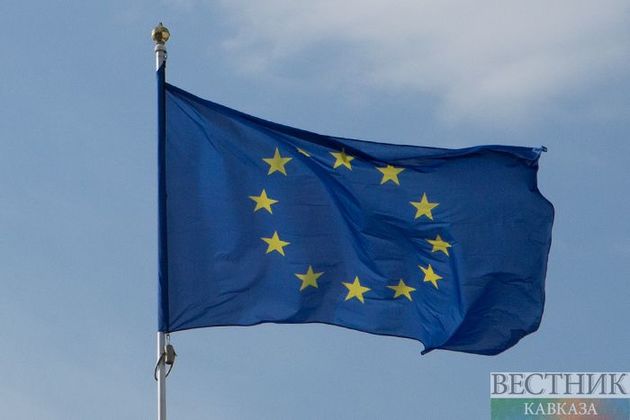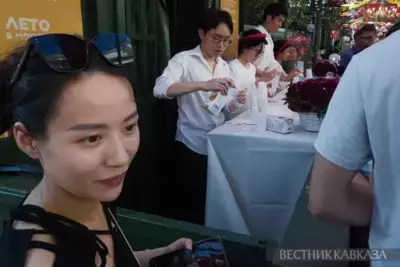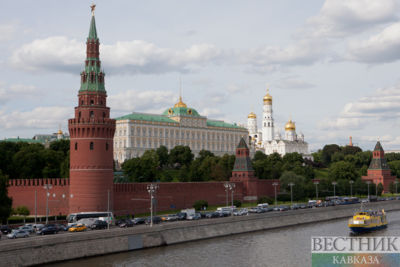EU High Representative for Foreign Affairs and Security Policy Josep Borrell will visit Moscow on February 4-6. During his visit, he plans to discuss a range of topics with Russian Foreign Minister Sergey Lavrov, including bilateral relations, the fight against the pandemic, the Iranian nuclear deal, the conflict in Ukraine, and the arrest of Russian opposition politician Alexey Navalny, the European External Action Service (EEAS) said in a statement published on Friday.
"The EU High Representative for Foreign Affairs and Security Policy/Vice-President of the European Commission, Josep Borrell, will travel to Russia, arriving on the evening of Thursday 4 February and departing on Saturday 6 February. It will be the first visit to Russia by an EU High Representative/Vice-President since 2017," the message informs.
"The visit will provide an opportunity to have wide-ranging discussions with Foreign Minister Sergei Lavrov and other Russian interlocutors ahead of the European Council’s strategic discussion on EU-Russia relations scheduled for March," TASS cited the statement as saying.
"High Representative Borrell will address Russia’s actions in Ukraine and in the neighbourhood, the importance of continued implementation of the Iran nuclear deal, the global response to the coronavirus pandemic, climate change, among others. The recent poisoning, detention and arrest of opposition politician Alexei Navalny, and the concerns over fundamental freedoms and human rights in Russia more broadly will also be on his agenda," the EEAS informed.
During the visit, Borrell will also have meetings with representatives of Russian civil society organizations and members of the academic community in Moscow, the statement notes.
Ahead of the meeting, Borrell said, quoted by the EEAS: "The relationship with Russia is one of the EU’s most complex. Recent developments only serve to further underline the need for me to visit Moscow. But beyond the issues of contention there are also areas in which the EU and Russia do cooperate, or need to cooperate more, that require our urgent attention."
















